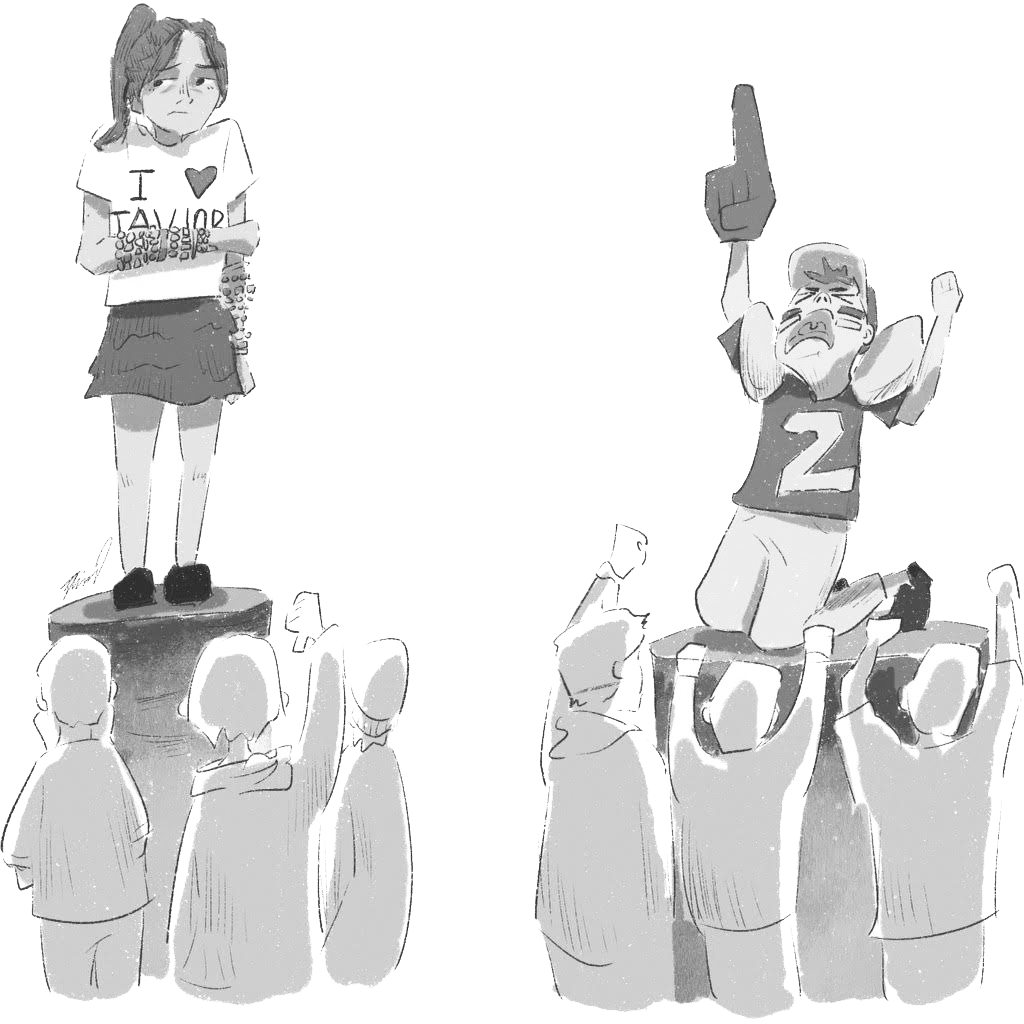California’s new Mathematics Framework was approved in July and will change guidelines for math educators. The Nexus supports this framework due to its potential to engage more students in math coursework, prepare students for the workforce with data science skills, and increase political data literacy.
One key aspect of the new framework, a shift towards more “inquiry-based instruction,” has the potential to increase students’ interest in the subject. By outlining guidelines for teachers to connect math concepts to real-world applications with more word problems, the framework encourages problem-solving that feels important and relevant to students’ lives. Currently, many students do not feel connected to their math instruction when the applied problem-solving is distant from any problems they would encounter in real life. By connecting math to real life, more students will likely take advanced courses in the subject. This is a must if California wants to improve mathematics achievement, which is currently below the national average, according to the California State Board of Education.
Another aspect of “inquiry-based instruction” outlined in the framework is a call to shift math classroom styles from individual work to more collaborative discussion and problem-solving. This would help struggling students connect to resources needed for improvement. Group work in math classes encourages students to learn on a deeper level by having them discuss mistakes and misconceptions with peers. This style of teaching also prioritizes comprehension over memorization, a key goal in math instruction since the adoption of Common Core standards. In fact, the inquiry-based instruction suggested by the framework is not novel, but a more concrete guide, helping educators connect their classroom styles to Common Core standards. This is a step in the right direction to increase math achievement in California.
The framework also makes progress by prioritizing data science classes. According to the California Mathematics Project, there is a high demand for data science skills by employers due to the rise of big data (large, hard-to-manage volumes of data) and its increasing significance in businesses and large organizations. The framework encourages high schools to provide expanded statistics and data science pathways for students as an alternative to calculus as a higher level math. To many students, especially those not pursuing STEM careers, this alternative pathway may be more relevant and useful in their studies. These classes will help prepare students for the changing realities of the modern workplace.
The new framework also focuses on social justice. Although this angle has been controversial, the framework’s encouragement of teaching with a goal of equity has the potential to create a learning environment where underrepresented student demographics can see themselves in mathematics-based careers. One way the framework aims to accomplish this is by demonstrating to students how math and data can be analyzed to examine inequities and address important issues. Although some see this goal as “politicizing” math education, there is a clear line between political advocacy and data education that the framework does not cross. Rather than arguing for one political ideology, the framework encourages students to see math as a tool to analyze facts in the pursuit of truth, not any particular agenda. This is an important connection educators can help students make because of the current age of online misinformation. Students need to have the skills to examine information critically and think for themselves, and math education plays a role in that.





